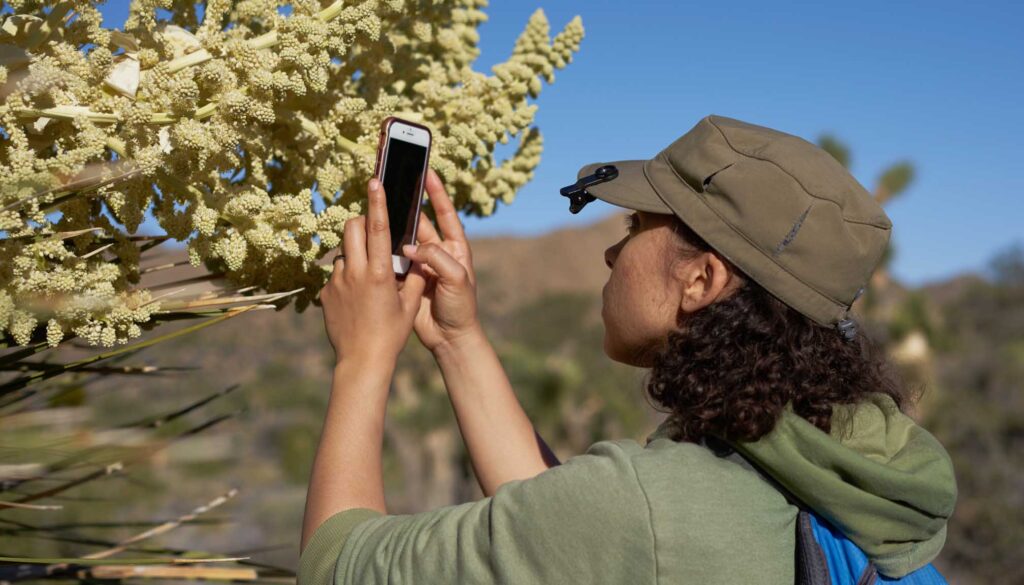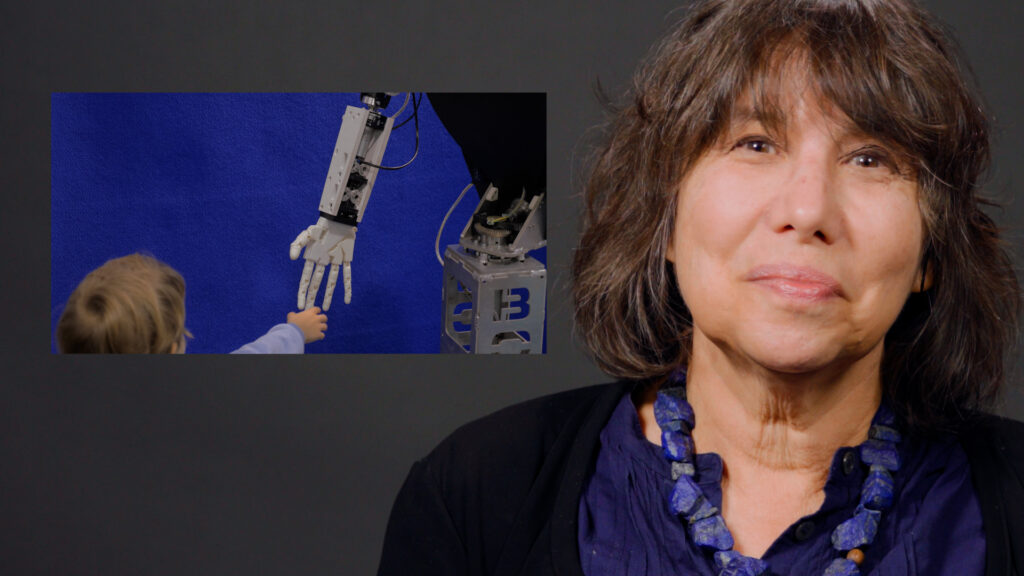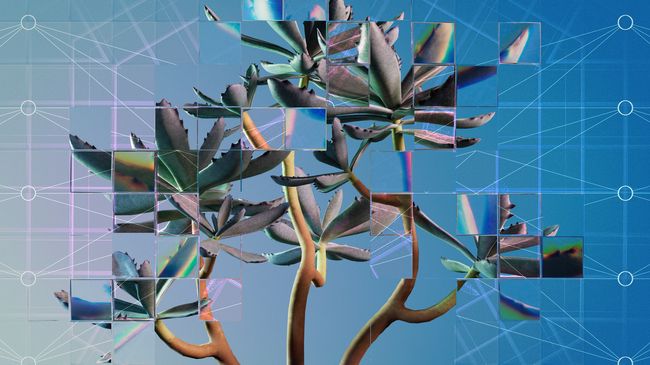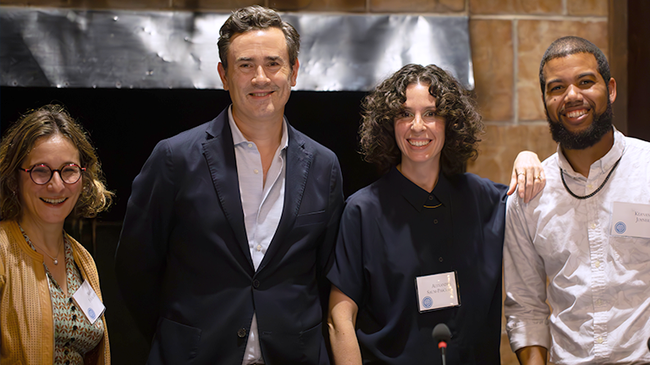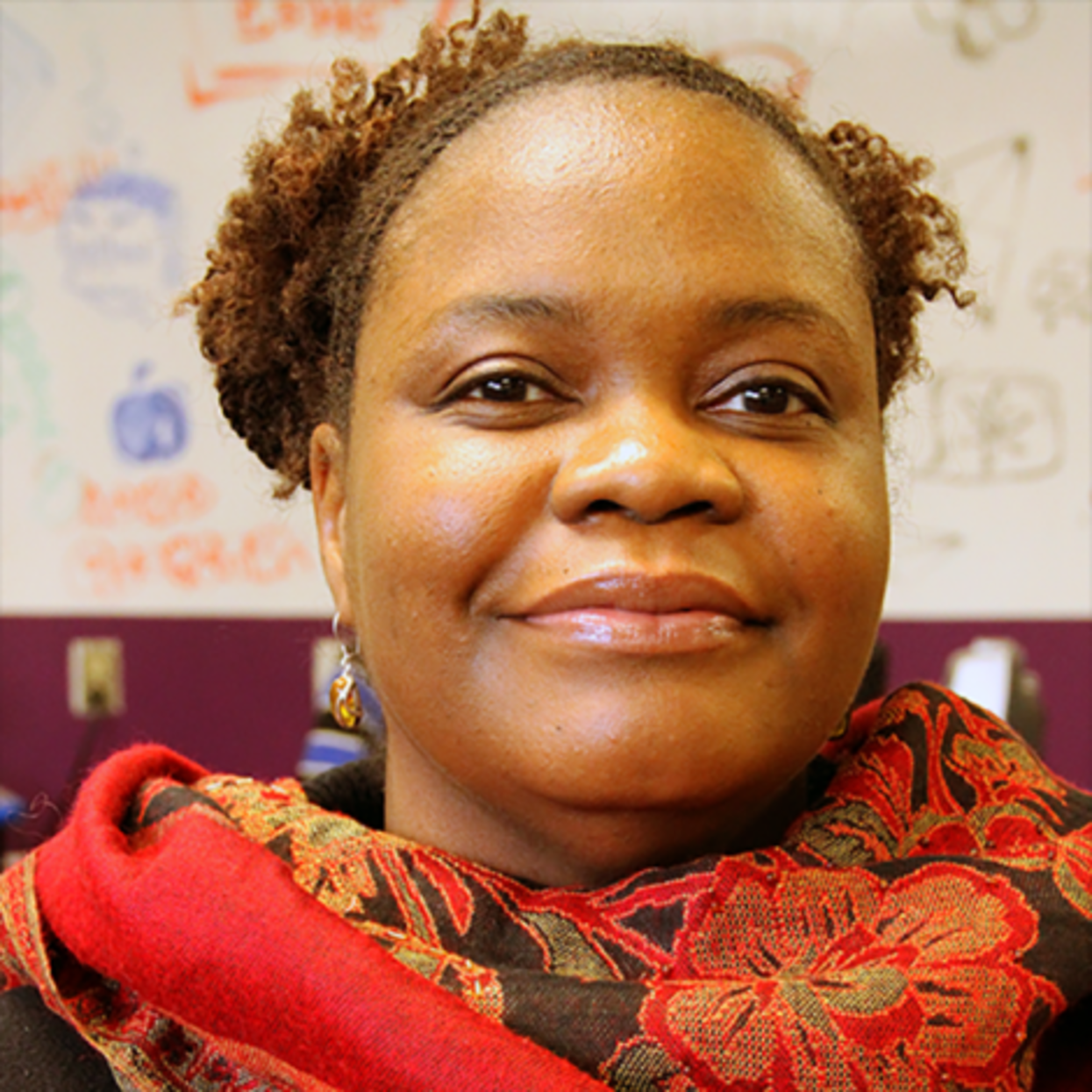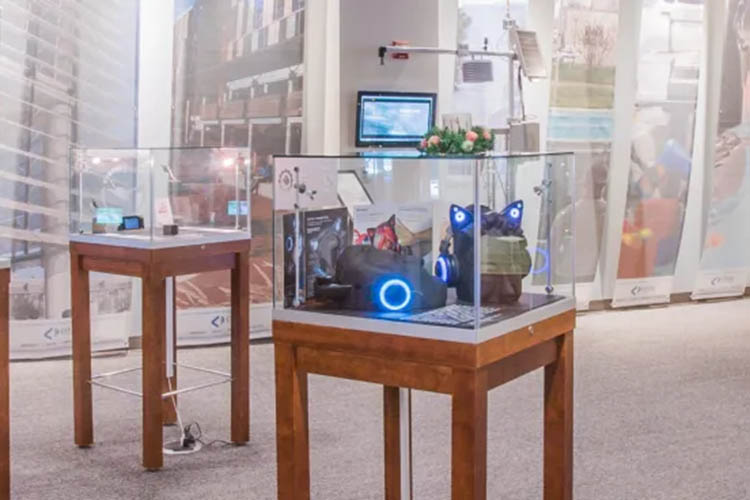As a world leader in artificial intelligence with a history of challenging convention, UC Berkeley is shaping the future of this burgeoning field while exploring the larger implications of AI on society.
U.S. News & World Report rankings
in undergraduate data analytics and science programs
in graduate computer science programs
in undergraduate and graduate artificial intelligence programs

Created using Adobe Firefly
Experts at UC Berkeley
From researchers developing artificial intelligence tools to help fight climate change to scholars studying the ethics of AI, UC Berkeley is home to numerous experts on the subject.
“The promise of AI lies in its ability to help us solve some of the biggest challenges facing humanity, from climate change to disease prevention. But we must also recognize that these systems have the potential to exacerbate existing inequalities and biases if not designed and deployed thoughtfully.”Jennifer Chayes, Dean, College of Computing, Data Science, and Society at UC Berkeley
AI technologies in practice
For more stories and research on AI at Berkeley, visit Berkeley News
Berkeley lectures on the status and future of AI

The Center for Information Technology Research in the Interest of Society and the Banatao Institute (CITRIS), the College of Computing, Data Science and Society (CDSS) and Berkeley Artificial Intelligence Research Lab (BAIR) together hosted Berkeley’s distinguished speaker series exploring the recent innovations in AI, its broader societal implications and its future potential at Berkeley and beyond. Read more about the lecture series on the CDSS website.
Academics and research
AI is a significant focus for many areas around campus. Below are some examples of labs, programs, previous lectures, and more.
- Berkeley Artificial Intelligence Research Lab (BAIR) | The BAIR Lab brings together UC Berkeley researchers across the areas of computer vision, machine learning, natural language processing, planning, control, and robotics.
- Berkeley Law AI Institute | A multi-day, online executive academy to help lawyers understand AI technology and how companies use it, as well as the risks and ethical issues raised by autonomous systems.
- Berkeley AI Policy Hub | A collaboration between the UC Berkeley Center for Long-Term Cybersecurity (CLTC) and its AI Security Initiative and the CITRIS Policy Lab, the AI Policy Hub is a multidisciplinary initiative training forward-thinking graduate student researchers to develop effective governance and policy frameworks to guide artificial intelligence, today and into the future.
- Berkeley [Emergent Space Tensegrities | Energy and Sustainable Technologies | Expert Systems Technologies ] (BEST) Lab | The BEST Lab conducts research at the intersection of cutting-edge frontiers in design research, computational design, sustainability, gender equity, human-machine cognition, supervisory control, soft robotics, sensor fusion, design research and intelligent learning systems.
- The Center for Information Technology Research in the Interest of Society and the Banatao Institute (CITRIS) | CITRIS and the Banatao Institute is a University of California research center focused on creating IT solutions that generate societal and economic benefits for everyone.
- Computing, Data Science, and Society (CDSS) | CDSS leverages Berkeley’s preeminence in research and excellence across disciplines to propel data science discovery, education, and impact.
- Electrical Engineering and Computer Sciences (EECS) | EECS offers one of the strongest research and instructional programs anywhere in the world with an array of cross-disciplinary, team-driven projects.
- Haas ExecEd: AI Strategies and Applications | Participants in this program learn about AI’s current capabilities and gain an understanding into the variety of ways AI can benefit different business functions.
-
Tech Policy Fellows | Offers scholars and practitioners the opportunity to spend six months to a year as a non-residential fellow at UC Berkeley to conduct research, share expertise and experiences with faculty, staff, and students and develop technical or policy interventions that support responsible technology development and use.
-
Our Better Web | An independent interdisciplinary initiative at Berkeley that brings together leadership from the Schools of Information; Journalism; Law; and Public Policy; the Division of Computing, Data Science, and Society; and the CITRIS Policy Lab. Our Better Web researches and provides guidance on technical and policy strategies to mitigate harms from algorithmic amplification and algorithmic bias online.
AI and the arts
Cal Performances: Illuminations – “Human and Machine”
Generative Art and Deep Learning AI
Emerging AI technology has the potential to replicate some of the processes used by artists when creating their work. Dr. Nettrice Gaskins uses AI-driven software such as deep learning to train machines to identify and process images. Her approach puts the learning bias of race to the forefront by using AI to render her artwork using different source images and image styles.
Speaker Biography
Dr. Nettrice R. Gaskins is an African American digital artist, academic, cultural critic and advocate of STEAM fields. In her work she explores "techno-vernacular creativity" and Afrofuturism.
Dr. Gaskins teaches, writes, "fabs”, and makes art using algorithms and machine learning. She has taught multimedia, visual art, and computer science with high school students. She earned a BFA in Computer Graphics with Honors from Pratt Institute in 1992 and an MFA in Art and Technology from the School of the Art Institute of Chicago in 1994. She received a doctorate in Digital Media from Georgia Tech in 2014. Currently, Dr. Gaskins is a 2021 Ford Global Fellow and the assistant director of the Lesley STEAM Learning Lab at Lesley University. She is an advisory board member for the School of Literature, Media, and Communication at Georgia Tech. Her first full-length book, Techno-Vernacular Creativity and Innovation is available through The MIT Press. Gaskins' AI-generated artworks can be viewed in journals, magazines, museums, and on the Web. Her series of 'featured futurist' portraits are on view at the Smithsonian Arts and Industries Building through early July 2022.
Gaskins served as Board President of the National Alliance for Media Arts and Culture (The Alliance) and was on the board of the Community Technology Centers Network (CTCNet). She is currently on the board of Artisan’s Asylum.
CITRIS Tech Museum

The above image is a UC Berkeley-inspired collage constructed from images generated in Dall-E-2. The prompts used to generate the imagery included specific campus landmarks, such as “the Campanile,” “Sproul Hall,” “Doe Library,” and “Memorial Stadium.”




